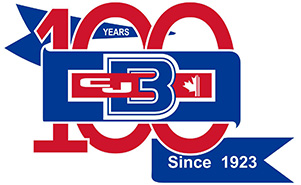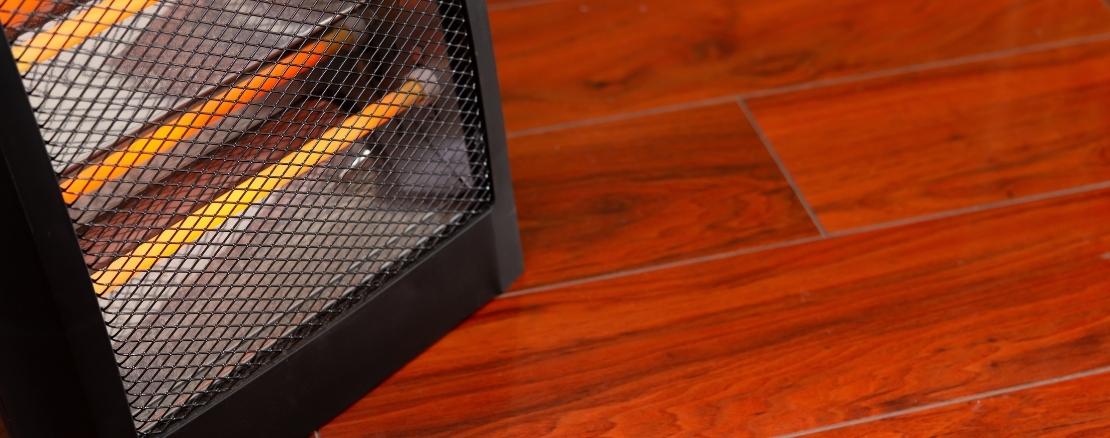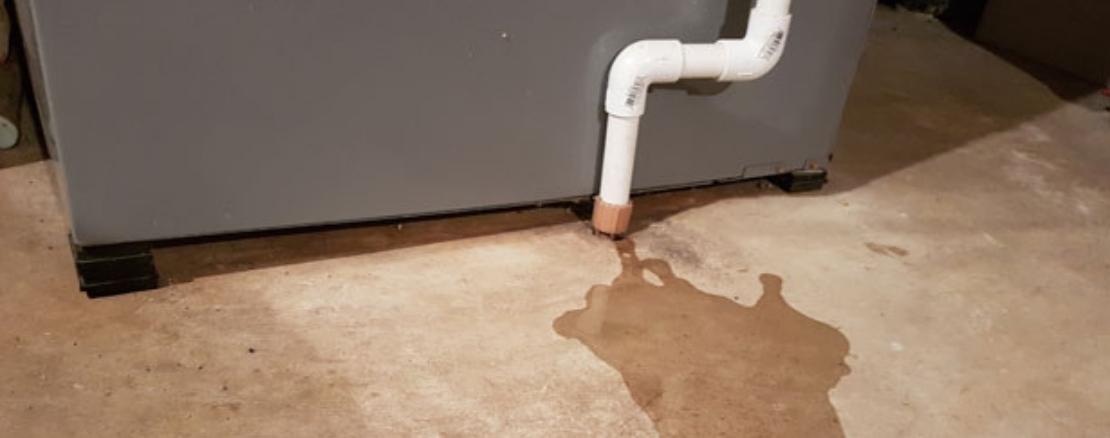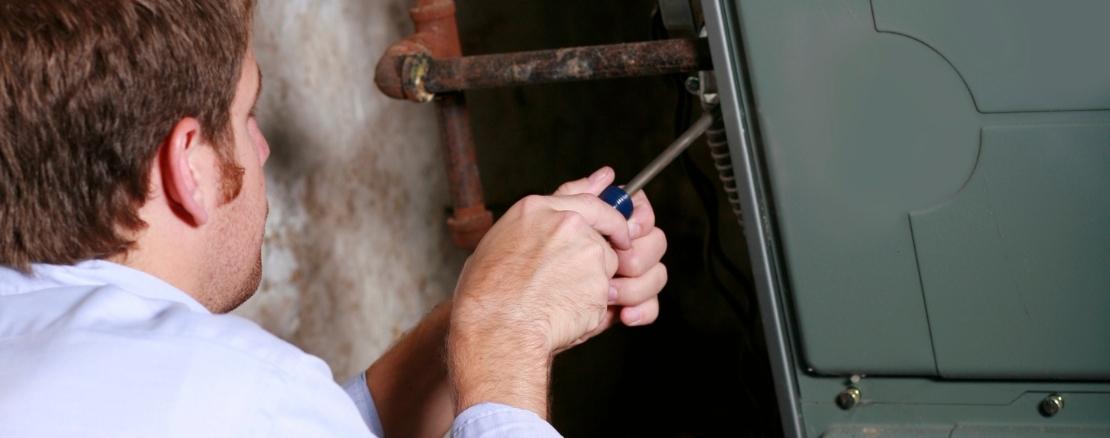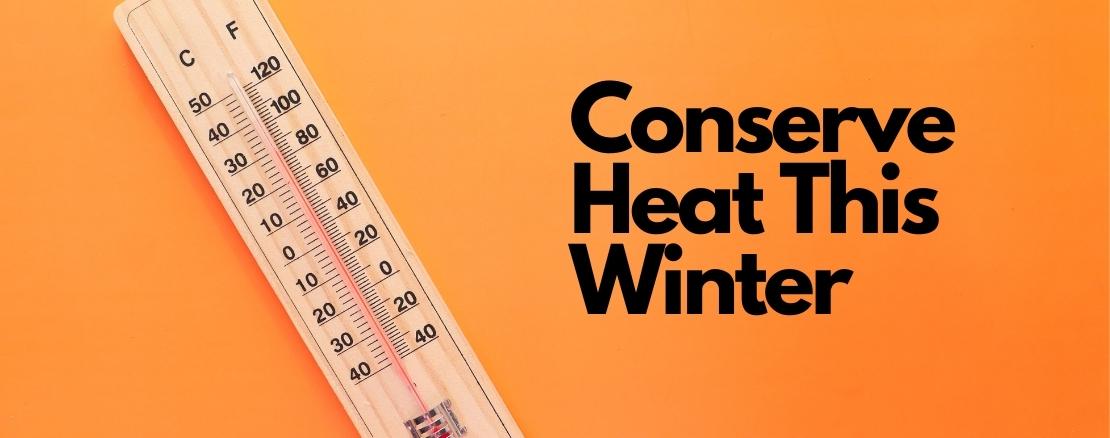In warmer climates, residential heating may not be considered necessary. However, in a northern region like Kitchener that can get very cold during the winter, a furnace is absolutely essential for every home and professional building. It is easy to take your furnace for granted, but if it malfunctions, it does pose a risk for gas leaks, house fires, or carbon monoxide poisoning. With the help of heating services in Kitchener, here are some tips to follow to maintain furnace safety.
1. Avoid Improper Installation
Furnace safety starts at the very beginning by making sure it is installed properly. The installation process is extremely complicated. If you do not install your furnace correctly, you could be putting yourself and your family at risk for gas leaks. Natural gas is very flammable and could combust with the smallest spark. Therefore, attempting to save money by installing the furnace yourself could potentially cost you and your family your lives. Correct installation of the furnace may be more important than the particular furnace you choose.
2. Install Carbon Monoxide Detectors
Because a natural gas leak can be so dangerous, the gas companies add a strong, distinctive odour to it so that you can detect a leak and take prompt action to escape. Carbon monoxide can be even more dangerous than a natural gas leak. It is a byproduct of burning fossil fuels such as natural gas, and it doesn’t have any smell or taste, nor is it visible.
While carbon monoxide is flammable, the real danger is that it is poisonous and virtually impossible for a human being to avoid breathing in if it is present. There is usually no sign of carbon monoxide in the air until you start showing symptoms of poisoning, and by that point, it may be too late. Carbon monoxide detectors alert you to the presence of the poisonous gas in your home before you start showing symptoms. You should have one on every level of your home and be sure to keep fresh batteries in them so that you can rely on them in an emergency. If your carbon monoxide detectors are older, you may need to replace them.
3. Clear a Space Around the Furnace
The area around the furnace may seem like a good place for storage, but clutter around the air vents may prevent proper ventilation. Keep the air intake vents free from debris, and keep the space immediately surrounding the furnace free from large obstructions such as boxes or furniture. Dispose of used furnace filters rather than storing them nearby.
4. Don’t Hang Laundry Next to the Furnace
Though a temporary obstruction, hanging laundry next to the furnace isn’t a very good idea. It could be a fire hazard and reduce the airflow.
5. Have Your Furnace Maintained
Maintaining your furnace helps to keep it operating properly. There are some maintenance tasks that you can handle yourself, such as changing or cleaning the furnace filter, depending on which type you use.
While you probably cannot perform more advanced furnace maintenance yourself, you can perform frequent inspections of the furnace and have maintenance done if you notice any troubling signs. Listen for unusual noises, such as popping, rattling, or banging sounds, coming from your furnace. Look for visual changes to your furnace, such as rust spots.
If you notice warning signs like these, you should call an HVAC professional right away. However, it isn’t only when you suspect trouble that you should have furnace maintenance. You should have a professional evaluation performed on a regular basis.
Call CJ Brubacher for Heating Services in Kitchener
We have been providing residential and commercial heating services in the area for nearly 100 years. Schedule services 24 hours a day.
